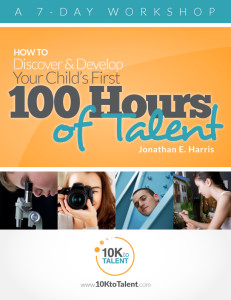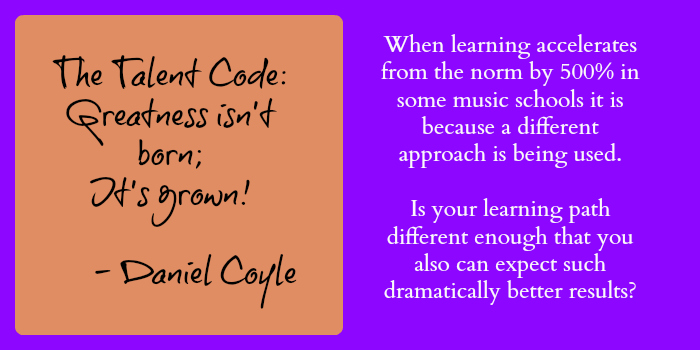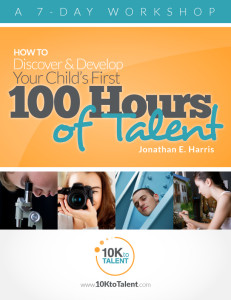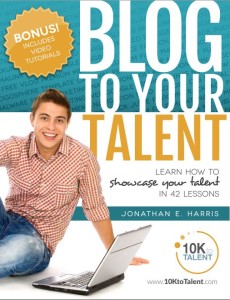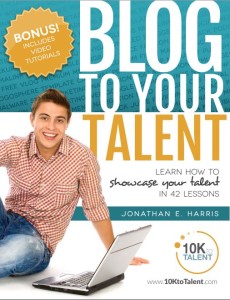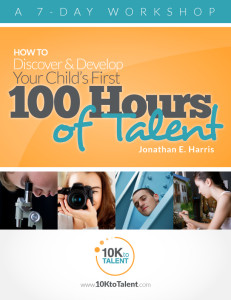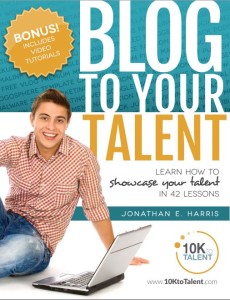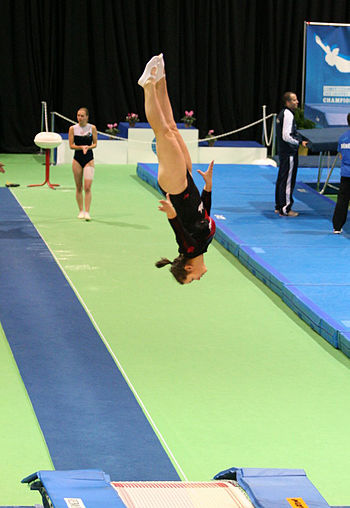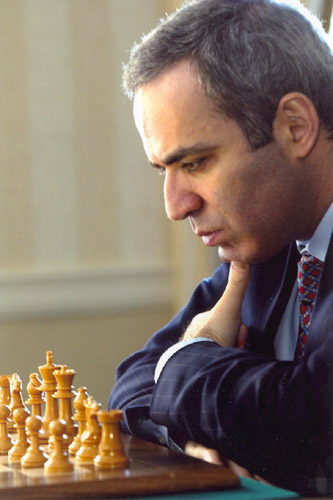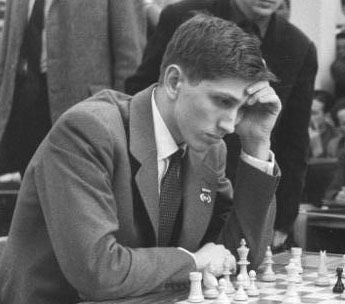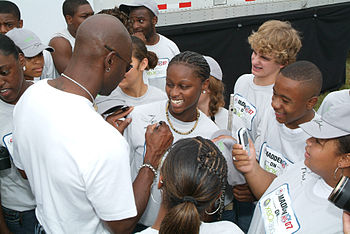Have you ever found that a review of a favorite book really does a good job bringing it home?
Here is an excerpt from a book reviewer on Amazon commenting on the book “Talent is Overrated” by Geoff Colvin
“The benefits of deliberate practice are that we perceive more, know more, and remember more in a specific domain of knowledge that we have chosen. This makes us more aware of our uniqueness as well as the uniqueness in others. The [Talent is Overrated] book suggests that over time we develop mental models of how our domain functions as a system.
As a result, we connect with every day events not as an isolated bit of data but as part of a large and comprehensive picture.”
I agree with this reader’s comment. The earlier your teenage son or daughter can find a way to focus around a long term talent, the more amazingly easy it is for him to succeed at what he wants to do.
This is because he is not learning one hour here in this subject and one hour over there in that subject. In a person without a specific talent focus, those are two disconnected work hours of his life spent learning various factoids pulled from two different domains of knowledge, but having little-to-no benefit of bringing added-value to each domain.
However, in a talent-focused child, those two hours are more than just two sequential hours of work. The two domains of knowledge augment each other’s value. This is because a big vision for the purpose of one’s daily work triggers an integration between normally separate domains of knowledge and skills.
This is the ideal: each new hour of learning in one domain is an hour that can be counted on to augment the value in another domain. It is a type of compounding effect.
Example: a 15 year old young man has a passion for flying and has easy access to training hours because of a good pilot friend of the family.
He discovers through the chatter from other pilots that there is growing demand for paid flight instructors on American soil to teach the future pilots from China and Japan (true story!). He hears that this new and growing demand is coming from the commercial airlines in those countries who prefer to have their people trained here. The English language and culture for communicating between pilots is the preferred common ground. This is creating opportunities for young pilots to start early careers.
This causes him to drop his Latin language course and decide to instead do daily language Skype exchanges with other young men from mainland China and Tokyo. This triggers an interest to dive deep into the WWII history of Asia (thus tying in another subject area).
As his pilot training increases, he then realizes that his love for the science of aeronautics is growing. This causes him to sign up for a special online course that will help him take a college level examination course in aeronautics.
I will stop at this point in the example, as I think you have now gotten the point.
Here is three by-products of pursuing talent on your young person’s mental health:
- He will no longer experience that feeling of anxiety about all the things he does not know.
- He will no longer feel isolated in an ocean of knowledge
- But he will feel himself a conqueror on the verge of contributing something unique in his generation.


